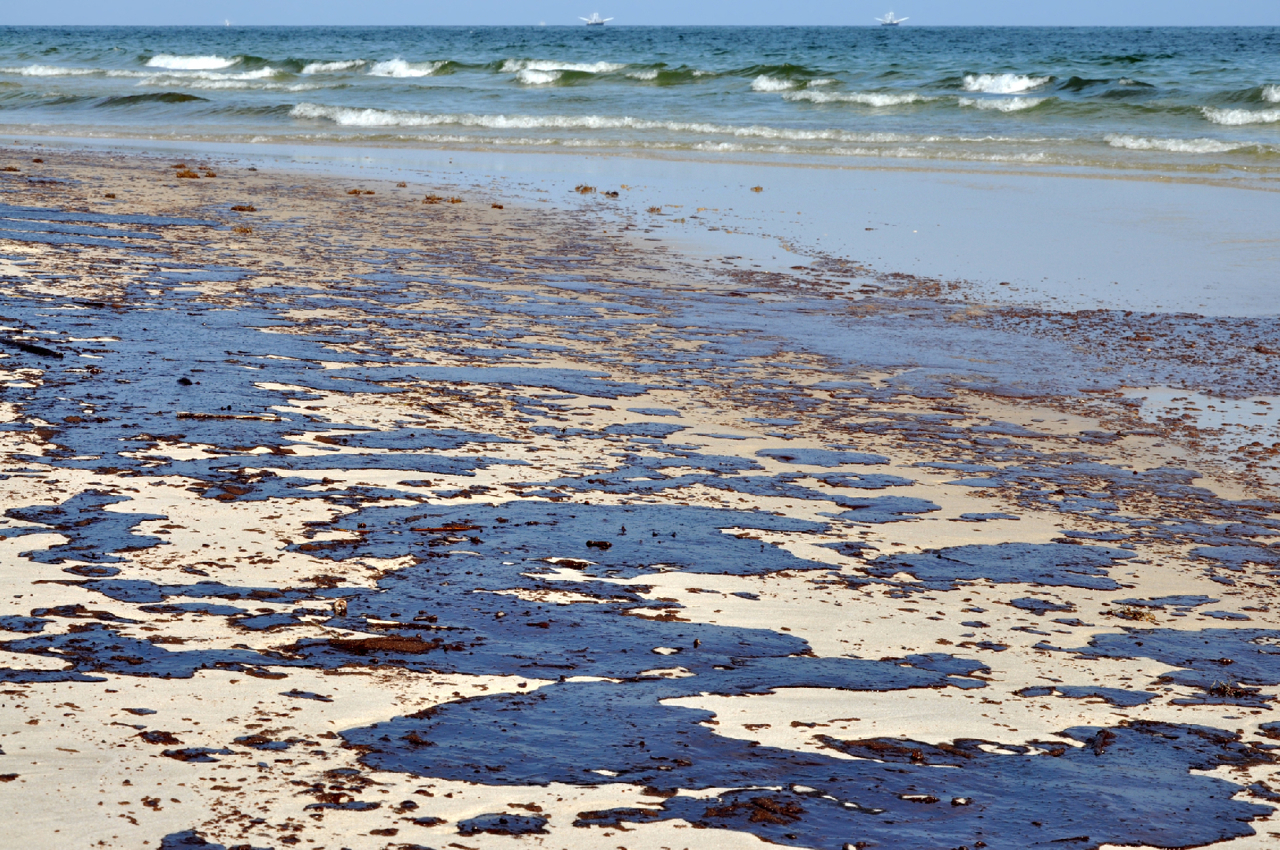Black Sea oil spill: Urgent cleanup efforts
Three weeks after a tanker accident caused a massive oil spill in the Black Sea, Russian authorities are still struggling to clean the oil-soaked coastline.

The pollution has spread across dozens of kilometers of coastline, reaching as far as Crimea. A regional state of emergency has been declared, while thousands of workers and volunteers are working tirelessly to clean up tons of contaminated sand on both sides of the Kerch Strait following the December 15th oil spill. Environmentalists are sounding the alarm and urgently calling for international assistance.
Due to currents, the pollution is spreading eastward in the Black Sea basin, impacting the Crimean coast. Marine life has been severely impacted by the oil spill, and environmental NGOs are still gathering data to assess the full extent of the damage.
For nearly a month, over 10,000 people have been working around the clock to remove the thick, viscous, and foul-smelling oil from the beaches of Anapa and its surrounding areas, a popular Russian summer resort, and from the beaches of Kerch and Sevastopol in Crimea. In Anapa, a popular tourist destination, 90% of hotel bookings for the winter holidays have been canceled due to the oil spill. Russian tourism agencies fear that the summer tourist season could also be severely impacted.
Environmental groups have reported the deaths of dozens of dolphins, porpoises, and seabirds, and are urgently calling for international assistance.
"We urgently appeal to the international community, particularly to the leaders of developed countries, for technical and technological assistance. We request the involvement of foreign teams of professional rescuers with specialized equipment."
"The spots came from the sea, they covered the entire beach. Let's take the bags and start acting. We can't afford to lose a single moment."
"It's very dangerous. The birds and dolphins that have been washing ashore lately are suffering. Therefore, I think everyone should react. No one should remain indifferent."
Approximately 86,000 metric tons of soil have been decontaminated, but for now, the Russian authorities seem overwhelmed by the situation, despite the measures taken. At the time of the disaster, Russian media reported that the damaged tankers, both over 50 years old, were carrying a total of approximately 9,200 tons of petroleum products.
The spill involved heavy M100 fuel oil, which solidifies at a temperature of 25 degrees Celsius and, unlike other petroleum products, does not float on the surface but sinks or remains suspended in water. According to Reuters, an estimated 3,000 tons of fuel oil leaked as a result of the accident.
Translaiton by Iurie Tataru





